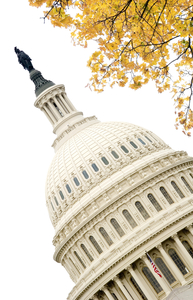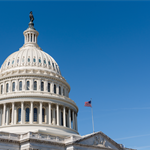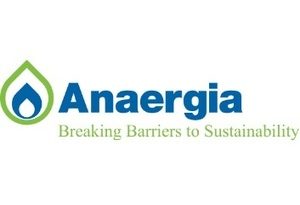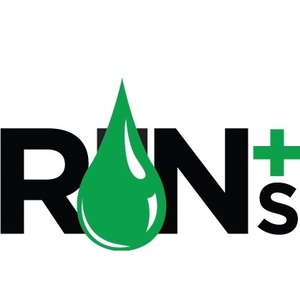House to vote on bill that aims to increase SRE transparency
Energy Disrupter
ADVERTISEMENT
The U.S. House of Representatives is expected to vote on the Clean Economy Jobs and Innovation Act during the week of Sept. 21. The bill includes the provisions of the Renewable Fuel Standard Integrity Act.
The Renewable Fuel Standard Integrity Act was introduced by Reps. Collin Peterson, D-Minn., and Dusty Johnson, R-S.D., in May 2019. The original version of the bill aimed to increase transparency in the Renewable Fuel Standard and ensure any waived volumes are reallocated. It also would ensure key information surrounding small refinery exemptions (SREs) is publicly disclosed and would set a deadline for refineries to submit SRE applications, ensuring that the U.S. EPA would reallocate waived volumes to non-exempt obligated parties.
Representatives of the Renewable Fuels Association, World Energy and Siouxland Energy Cooperative testified in favor of the Renewable Fuel Standard Integrity Act during a hearing held in October 2019.
Peterson announced on Sept. 15 that the text of the Clean Economy Job and Innovation Act, or H.R. 4447, released by the House Committee on Energy and Commerce includes provisions of the Renewable Fuel Standard Integrity Act.
According to Peterson, the provisions included in H.R. 4447 would set an annual deadline for refineries to request exemptions from the RFS and require EPA to publicly release the name of refineries requesting a waiver, the number of gallons requested to be waived, and the number of gallons of biofuel that will not be blended as a result of the waiver. He said these provisions mirror the provisions of the Renewable Fuel Standard Integrity Act with adjustments to address business confidentiality concerns that were raised by members of the House Committee on Energy and Commerce.
The Renewable Fuels Association applauded congressional efforts to enhance transparency in the SRE process. “This provision would finally pull back the curtain on EPA’s secretive and obscure small refinery waiver program, and we are pleased to see its inclusion in the House energy package,” said Geoff Cooper, president and CEO of the RFA. “By setting a deadline for waiver petitions and requiring small refineries to publicly disclose their identities, this language brings badly needed transparency and structure to the program. This would prevent companies like ExxonMobil, Chevron, HollyFrontier, and CVR from hiding behind phony claims of confidentiality and stop them from further gaming the system. We thank Reps. Collin Peterson (D-MN) and Dusty Johnson (R-SD) for their work on the original legislation, and we applaud the leadership of the Energy and Commerce Committee for recognizing the importance of bringing clarity and openness to the refinery waiver process.”















